Baha’is are the largest non-Muslim religious minority in Iran – yet they are not recognized by the Islamic Republic’s constitution. In the past four decades, they have been deprived of almost all their human and citizenship rights, from the right to an education to the right to own property and to employment.
The situation of the Baha’is in Iran is dominated by ongoing discrimination and harassment by the government. But many Baha’is have fond memories of coexisting peacefully alongside other religious minorities in Iran and even the Shia Muslim majority.
Shadi Beyzaei is a Baha’i Iranian-Australian citizen who, years after leaving Iran, still speaks of her happy memories in Iran. Beyzaei is a writer and editor of children’s books and has recently authored a series of animations called Adventures of Manli and Bardia for primary schoolchildren. She also posts to social media about her life as a member of a persecuted religious minority and about the discrimination but also the kindness that she experienced.
“There are still nights when I wake up remembering that city [Tehran]. It is like the sweet memory of a love. I wake up and think of its streets. I think of people that I love and are still there; about the days that we spent together and the laughs we shared. I look at the weather [there] on my phone and see that it is sunny, rainy, cloudy. I remember our kitchen window that opened to the alleyway. I am no longer short of breath but then I miss it all...”
Beyzaei wrote this on the occasion of International Migrants Day. Ten years ago, because of the discrimination and persecution Baha’is face in Iran, Beyzaei made the difficult decision to leave Iran. Today she lives with her husband and son in Australia.
Beyzaei, who lost her father some time ago, says she has always remained hopeful that someday she would return: “I still have the key to our home in Iran. The night that I was leaving Iran my father gave me the key and told me ‘This is for when you come back.’ He hoped that I would return to Iran but, a few years later, he was forced to follow us and died here.”
A Life of Discrimination
Beyzaei’s parents were both school teachers before the 1979 Islamic Revolution and she has happy pictures of them next to schoolchildren and their Muslim. But after the Revolution, her parents were unceremoniously dismissed from their jobs, as were many others who shared their faith.
This picture shows Shadi Beyzaei’s mother with her students at a school in Imamzadeh Hassan neighborhood of Tehran, where a Shia shrine is located. The picture was taken in 1968, a decade before the Revolution.

In another picture, taken around 1971, we see the smiling face of Beyzaei’s mother, standing next to other teachers of the same school, who were probably mostly Muslims.
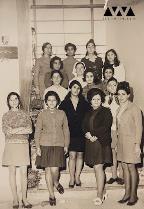
“We were an ordinary family,” Beyzaei said. “I was not a genius in any field. My parents were teachers and both were dismissed after the Revolution. To put it simply, for our family ‘life under discrimination’ can be illustrated with the differences between these pictures.”
In one of the pictures, Beyzaei’s parents are seen smiling. Her mother is pregnant with Shadi and they are celebrating her older sister’s birthday. The picture was taken a year before the Tevolution.
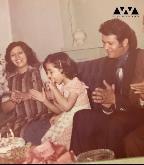
According to Beyzaei, the next picture was taken five years later. It is her sister’s birthday again, and Shadi Beyzaei is happy in the image, but her father’s face seems shadowed with sorrow. He had been dismissed from his job as a schoolteacher because of his Baha’i faith and for years he was forced to drive for a cab company to make ends meet.
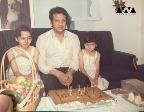
One of the rights denied to Baha’i citizens in Iran is the right to education. Many Baha’i children are denied education even at the grade school level, and are banned from attending classes on ridiculous pretexts, unless they never mention their religious beliefs.
When she lived in Iran, Shadi Beyzaei wrote more than 30 books for children; nevertheless, she was not allowed to attend university, and continued her education after migrating to Australia. “I was a good student, I could have gone to university and I could have had a different life, but I was denied this right because I was a Baha’i,” she said. “During all those years, many of my friends voted for individuals [political candidates] whose platforms ignored my human rights, and each time this made me sad.”
But she was not the only member of her family who was deprived of an education: “Three times during her school days my sister was expelled because she was a Baha’i. Three times she was sent home and she was not allowed to go back to school. One time they accused her of proselytizing ‘Baha’ism’. The principal had asked the students: ‘Who belongs to a religious minority?’ My sister thought that they wanted to exempt these students from Friday Prayers and she raised her hand. When asked ‘What religion?’ she said ‘Baha’i’. For this answer they said that she was proselytizing and expelled her.”
They Sowed Hate, We Reaped Love
According to the laws of the Baha’i faith, children born into Baha’i families choose their religion from the age 15. They can remain a Baha’i, choose another faith or choose no faith. As a result, there are children of Baha’i families who decided to become Muslims after they turned 15.
Shadi Beyzaei grew up in a family of whom half were Baha’is and half had chosen to become Muslims. She showed a picture in which she had no hijab, while some relatives wore scarves and manteaux and some wore chadors. “In a good family, each person has her own religion and her own way of dressing and nobody frowns on another member,” she said. “A good family makes one happy; it does not indoctrinate you.”
Beyzaei added that there were members of the same family who followed the discriminatory attitude of the regime – but not strongly enough to ruin her good memories of them.
“The government sowed hate but we reaped love,” Beyzaei said. “I remember that they arrested me and my boyfriend [and other friends] at the 1995 International Exhibition. They videotaped us, questioned us and intimidated us. They decided that each of us must be punished by 10 lashes. But they did not have enough cars [to take us]. They released the girls and took the boys to [the detention center] to be flogged. After he received the punishment, my boyfriend told me that ‘I saw in a form that you had specified your religion as Baha’i. Didn’t you think that they might expel me from university because of this?’ He was a Muslim and studied at medical school. ‘My religion has nothing to do with you,’ I told him, but now I believe that he was right and this simple issue could have made trouble for him.”
Despite all these events, however, Beyzaei’s memories of life in Tehran and in Shademan (“Joyful”) Alley are still sweet, memories in which her friends and relatives are present and moments that were not overshadowed by talk of religion.
Beyzaei has tweeted about her memories of living on Tehran’s Navvab Street and in Shademan Alley. In one tweet, there is a picture of Shademan Alley below this text: “This picture is of Shademan Alley and I can still hear the shouting that went on there, [for example] when Hamid cheated or said ‘Girls are not good at playing football.’ This year Hamid wrote that he has a wife and sent me a picture of his lovely family. I have not seen him for a long time so I do not know what he thinks about girls and football now.”
Shadi Beyzaei is now the mother of a young boy who lives in a free society. “Last year, my son was accepted in a program for exceptional musical talents. This is a system that does not care about the religion of somebody’s parent or whether they are immigrants or not, a system that gives children equal opportunity. And this is something that we were denied in our native land.”
Related coverage:
"Iran Without Hate" Campaign for Baha'is Attracts Widespread Support
Activists Deconstruct Baha'i "Errant Sect" Propaganda on Clubhouse
Khamenei-controlled EIKO Behind Increasing Confiscations of Baha'i Properties
New Arrests of Baha'is and Confiscation of Properties
Dispossessed Baha’i Villagers Petition for Justice
Irrigated Baha’i Farmlands Seized During Iran's Water Crisis
Supreme Leader's Conglomerate Poised to Snatch Six More Baha'i Properties
New Videos from Iran Expose Persecution of Baha’is and Property Seizures
Confiscation of Baha'i Properties is Illegal Even Under Iranian Law
40 Years of Discrimination Against Christians, Jewish People and Zoroastrians
visit the accountability section
In this section of Iran Wire, you can contact the officials and launch your campaign for various problems




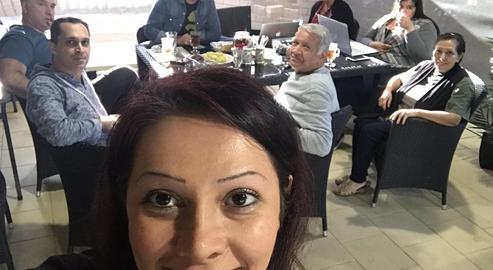
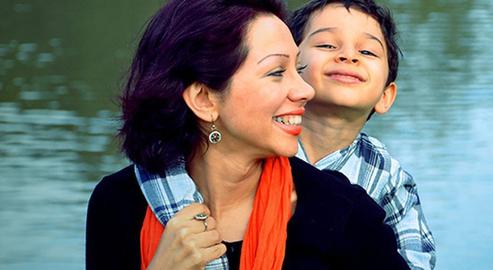


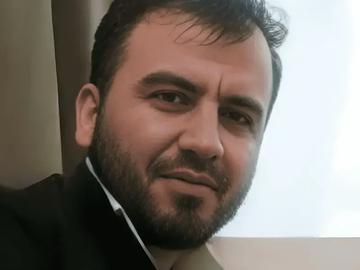


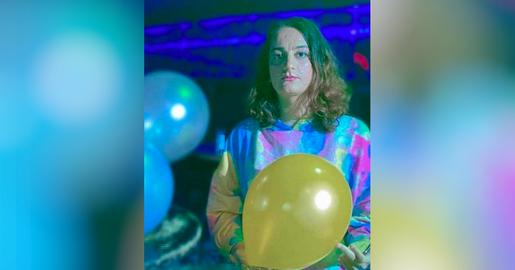


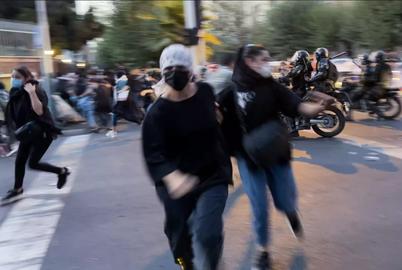
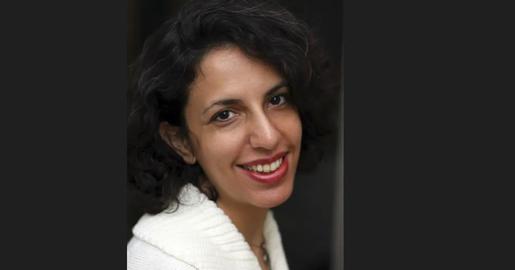
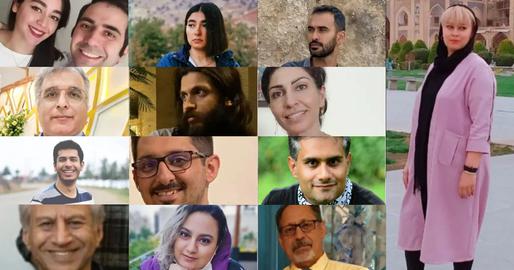
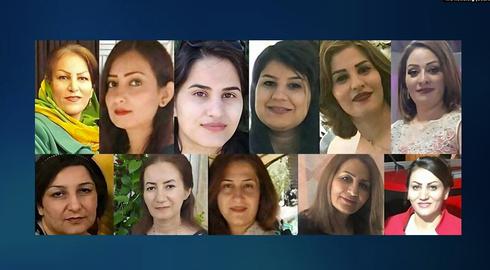

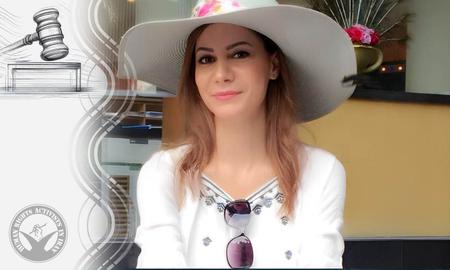


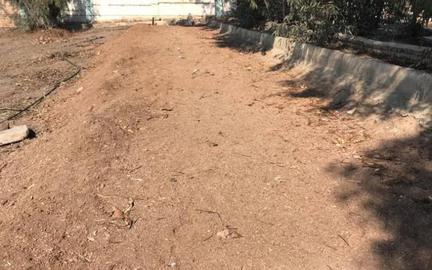

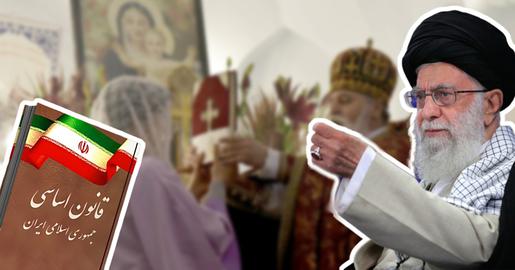

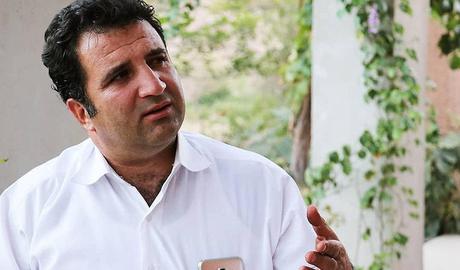
comments